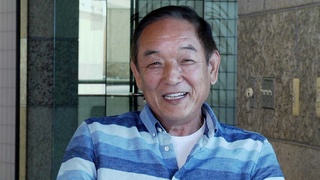Entrevistas
On returning to post-war Peru (Japanese)
(Japanese) After the war and before the San Francisco Peace Treaty, Amano saw Japan defeated. He became quite discouraged, especially when he saw the firebombed city of Tokyo immediately after the war. He thought that Japan wouldn’t be able to stand under its own power for the next couple of centuries, or at least not before the last flicker of light faded from his eyes. He thought Japan would never return to prosperity in his lifetime. If that was true, then the next best place for him was South America because he was very familiar with it. So, he wanted to return there to enjoy as interesting a life as possible.
And in reality, it’s not something to be terribly proud of. Before the war, he was suspected of being a spy, as the FBI was holding onto his passport. At that time, he was still suspected of being a spy—he was a suspect for a very long time. Especially before the signing of the San Francisco Peace Treaty, he wouldn’t have been issued another passport in all likelihood. It took a little work, but he managed to arrive in Panama without a passport. This is another funny story, though. Well, eventually, it just so happened that one of Amano’s friends in the fishing industry in Peru became his guarantor. He made his way to Peru after the war.
Data: May 7, 2007
Localização Geográfica: California, US
Entrevistado: Yoko Nishimura
País: Watase Media Arts Center, Japanese American National Museum





